Glossary

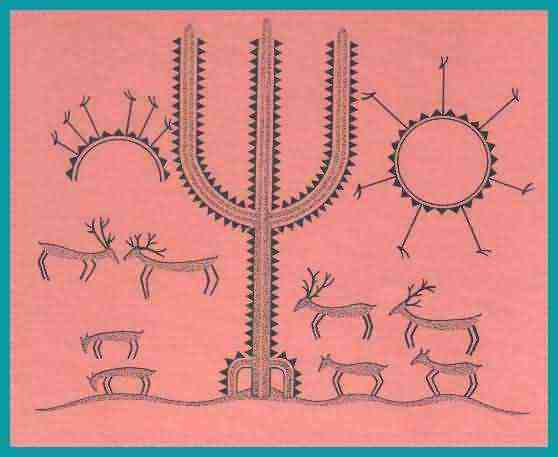
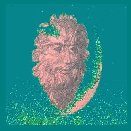
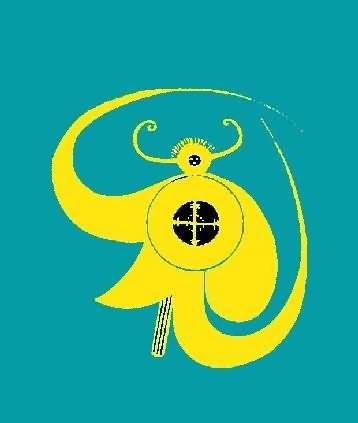
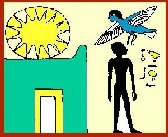
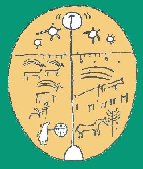
Samhain
Moreover, an alternate for Samhain, embodying the word for 'time' or 'tide' in old Irish, is Samhuin (Shaween), a feminine noun which is also the name of the goddess of Summer's End or the beginning of the cold. The ancient feast day was also called la Samhna, 'the day of Shamna', the day of summer's end. The Irish la is 'day' and samhna is the genitive of sambain. Similarly, our All Hallows' Eve was oidce Sambna or - night of Shawain'. Interestingly, the root of oidce, 'night', is oid, meaning 'music' (and/or song): night was anciently a time of music and enchantment.
The root samh in Samhuin or Samhain holds more secrets, since it denotes a heavy beam that was put across a gate to secure and lock it. Hence derivatively it meant the sense of ease and tranquillity that came from security. By the same token samhain can mean also pleasure or delight. In our shamanic context, there is no greater pleasure than entering through an interdimensional Gate to a higher type of world, and knowing the door is secured behind one so that one's entry into a more joyful reality is assured. It is no wonder that Samhain holds the keys to the other three. These four great sacred times were preserved by the Celts but reach back into primordial eras of which no written record survives. They live still in the memories of us all, in the deepest layers of the trans-incarnational record within us. An interesting illustration of this fact is in a poem written by Ourania in 1985 while she was still in Cambridge, England.
She entitled it then 'Windswept Summer's Day', but in the light of the insights gained on the Path she would now call it 'The Day of Shaween - Summer's End':
When I survey the richness of the land
On a storm - tossed summer's day
My eye weeps with the wind
Breathes with the storm
as it weaves me into the dance
of air laughing across the fields.
These winds do pass, and so once more
the land exhales its wealth
of perfume and flowers
with a gentle sigh, languidly stretching
in the warmth ofa summer's day.
And yet I see a few leaves falling ...
Already autumn soughs deep and beckons Summer's End.